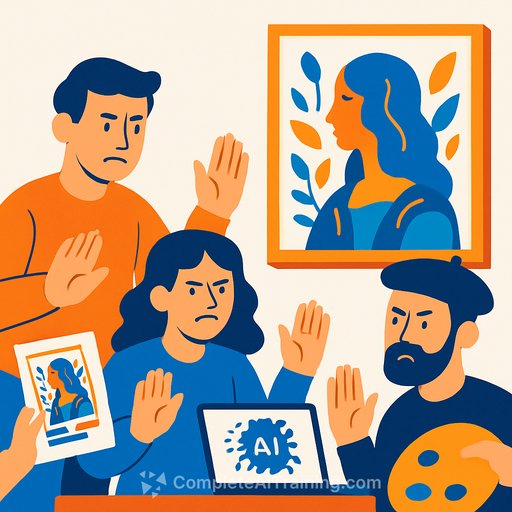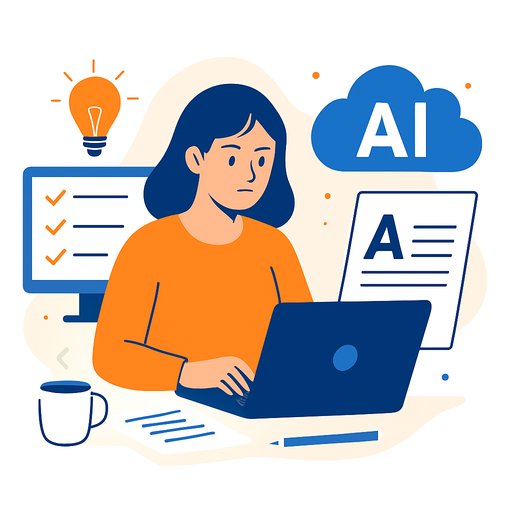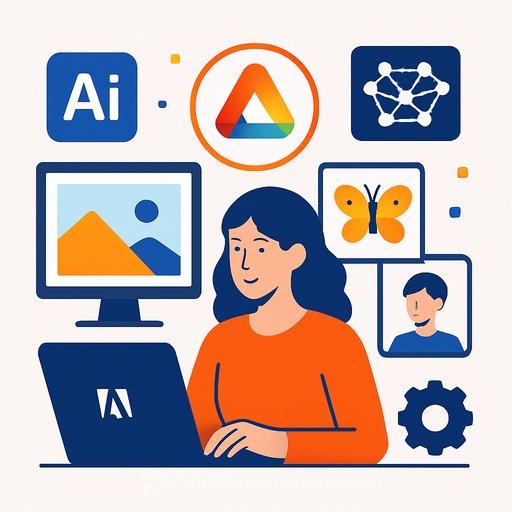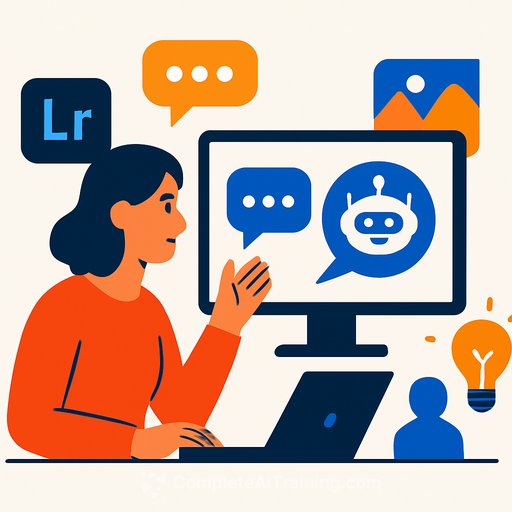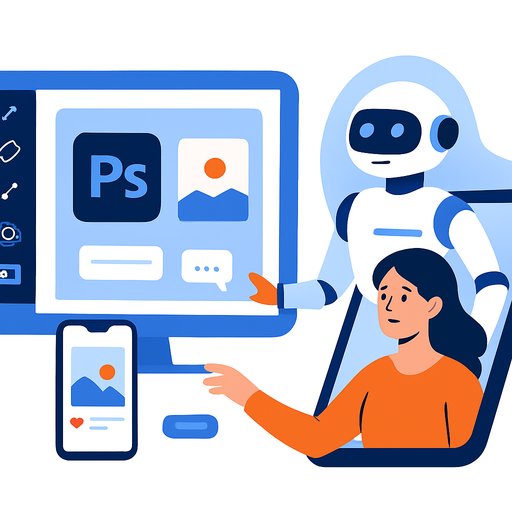AI Artwork Used to Promote Creative Courses Sparks Backlash
Bristol City Council faced criticism after using artwork generated by Artificial Intelligence (AI) on the cover of its adult learning course guide, which included creative classes. Illustrator Adam Birch raised concerns that employing AI-generated imagery to advertise creative workshops undermines the value of learning those skills.
Birch expressed that the decision might have been more misguided than intentional. His main worry is the message it sends: why invest time in honing creative abilities if the promotional material itself relies on AI-generated art?
Flaws in AI-Generated Imagery Highlight the Issue
Birch pointed out telltale signs of AI art, such as anatomical mistakes. For example, the cover showed a woman with only four fingers and an unrealistic number of toes, which reveals the image’s artificial origin.
While Birch understands the need to adapt as an artist in a changing landscape, he stresses that generating the cover image with AI “cost next to nothing,” but so would have photographing actual class activities or featuring student work. The use of AI, he argues, risks erasing creative jobs.
Concerns from Emerging Creatives
Luke Oram, another voice in the creative field, warned that AI might harm newcomers by making them feel undervalued and disconnected from creative culture. He described this as “the erosion of knowledge” and labeled AI’s impact as damaging.
Pressure to Use AI Despite Reservations
Some creatives report feeling compelled to incorporate AI into their workflows. One anonymous artist from Leamington Spa shared that their CEO encourages AI adoption, urging them to “bring our heads out of the sand.”
This artist criticized AI as “fast-food” creativity—quick and easy but lacking depth or reflection. They noted that those who benefit most are typically at the top, while frontline users often see AI as contrary to the craft they value.
Council’s Response and Future Plans
The course booklets, printed in July with 72,000 copies distributed mainly in Bristol, sparked strong reactions. Bristol City Council leader Tony Dyer acknowledged the concerns and said the council is updating its AI guidelines.
Dyer emphasized that while AI offers opportunities to improve services, they understand residents’ feelings about using AI-generated images for creative course promotion. The council is trialing limited AI use and developing policies as they learn.
Since commissioning the booklet’s artwork, the council has revised its guidance on AI usage and does not plan further print runs of this booklet.
What This Means for Creatives
- Value your skills: The backlash highlights the importance of maintaining respect for human creativity, especially in educational settings.
- Stay informed: AI tools are becoming more common, but understanding their impact on your craft is crucial.
- Engage in discussions: Voice concerns and share experiences to help shape fair AI policies in creative industries.
- Explore balanced AI use: If you’re interested in how AI can assist rather than replace creativity, consider exploring courses that teach responsible AI integration.
For creatives looking to understand AI tools and their potential without compromising artistic integrity, Complete AI Training offers resources and courses designed to help navigate AI in creative professions.
Your membership also unlocks:

